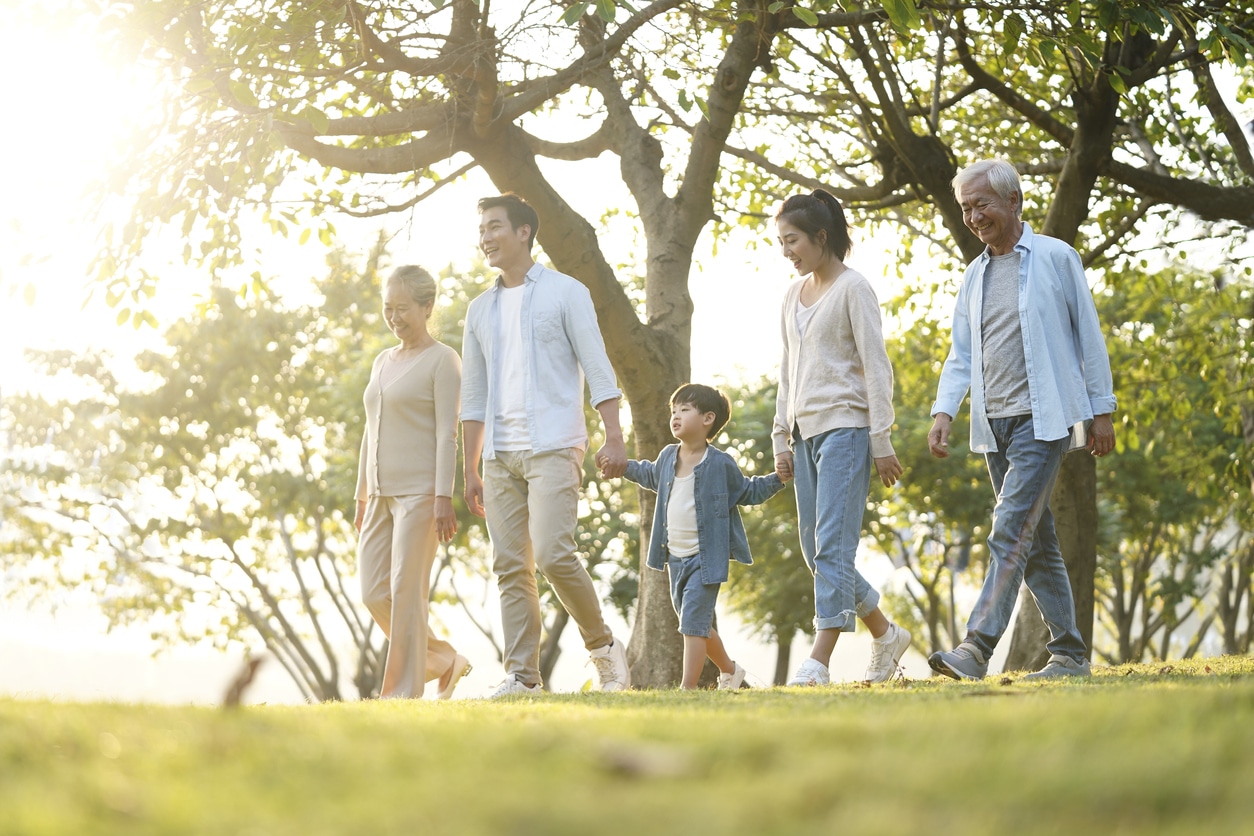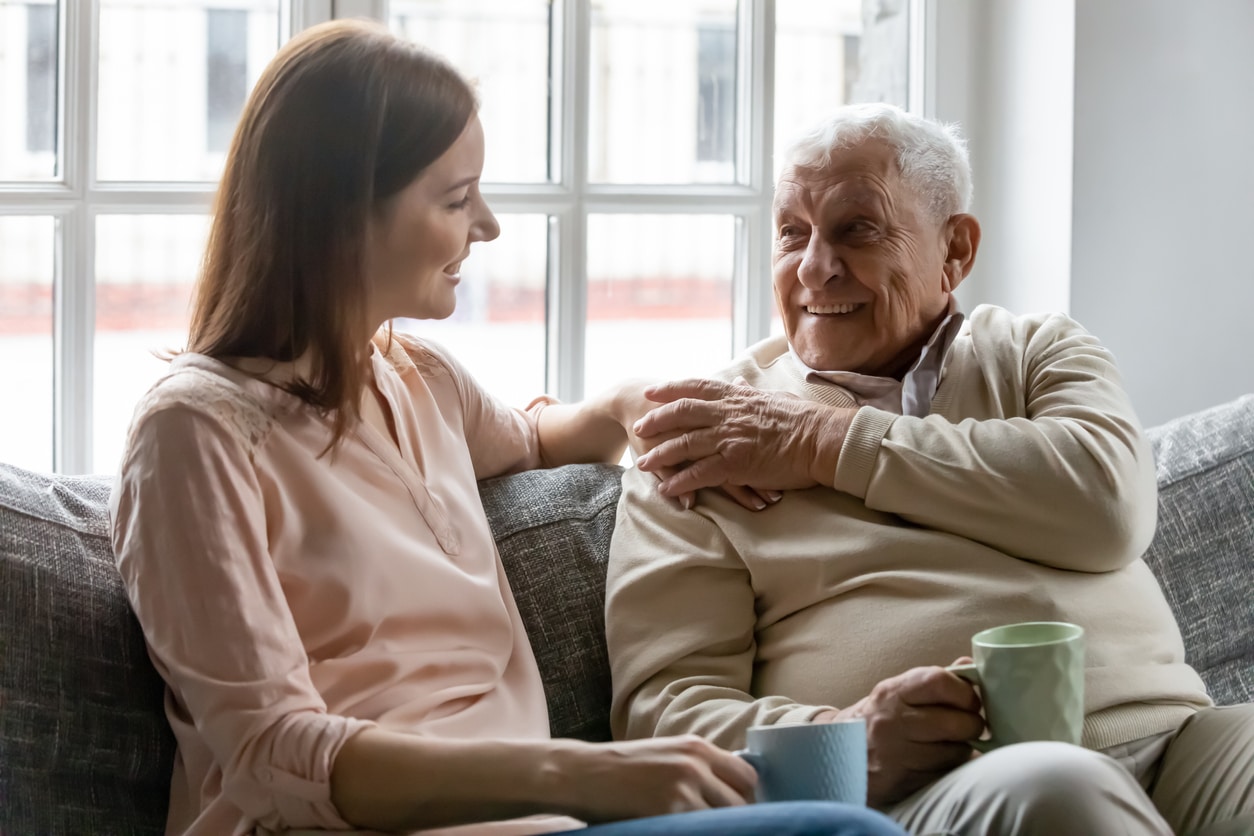The Dangers of Dealing with Loneliness as a Caregiver
When you’re a caregiver, feeling alone isn’t unusual.
It’s easy to think you’re the only one facing the challenges of caring for an aging loved one, especially when siblings or other family members don’t help or can’t relate, or when you’re caring for someone with Alzheimer’s or dementia. And the time commitment and scheduling requirements of caregiving often make it impossible to participate in your usual social activities.
Despite all this, addressing your own health is critical to your ability to provide care and support for your family. Ignoring the mental and physical symptoms can lead to caregiver burnout.
That’s why it’s crucial to address the situation immediately.
Physical Dangers of Loneliness
Caregiver isolation and loneliness have serious implications on our mental and physical health.
These feelings can jump-start thoughts and behaviors that exacerbate the emotional toll of caregiving. We are more prone to depression, our cognitive abilities can decline, and we become detached from day-to-day life.
We often skip exercise and social interaction, both of which are good for body and soul. We get less sleep, eat less healthily, are prone to substance abuse and we’re more stressed. Studies show that people who are chronically lonely have significantly higher incidence of heart disease, are more likely to have metastatic cancer, and are at an increased risk of stroke neurodegenerative diseases such as Alzheimer’s. We’re also more likely to have compromised autoimmune systems, lower antiviral response and experience inflammation.
Still not convinced? Consider this: A study presented at the 125th Annual Convention of the American Psychological Association in 2017 found that social isolation, loneliness or living alone have “a significant and equal effect on the risk of premature death, one that was equal to or exceeded the effect of other well-accepted risk factors such as obesity.”
How to Combat Caregiver Loneliness
We don’t have to suffer through these feelings, however. Here are some ways to lessen caregiver isolation, loneliness and depression:
Join a caregiver support group
Meeting regularly with people who face similar challenges reminds us we’re not the only ones going through this. These groups are especially important if our friends or family don’t understand our role in caring for a senior parent or loved one. We may make new, more empathetic friends in these groups, which strengthens our social networks.
Get an assist
We often feel like we have to do it all ourselves, and when priorities complete, we tend to cancel activities like socializing, exercise or hobbies. That’s a recipe for disaster. If your family members can’t take over some tasks so you have time for other things, look to respite care and home visitation services to provide direct support, and to friends who can run errands or bring over a meal.
Talk to a therapist
Sometimes we need more support than a group can provide, especially if we’re experiencing depression or anxiety. Professional counselors are excellent resources who can help you stave off loneliness and better manage your caregiving role.
Build and maintain social connections
People with strong social connections feel more resilient, so small setbacks have less of an impact on them. Problems like an illness or fall are more easily worked through when we have people to talk with, and strong connections can release emotional anxiety. Even if we can’t go out to lunch with pals, we can establish regular video chats to see and converse with people important to us.
Take time to exercise
We’re not talking an hour at the gym (though take it if you can!) Even a short daily walk can have positive effects on our health. There also are great apps that remind you to move throughout the day in short spurts like doing 30 wall push-ups or 10 deep breaths. Physical activity is a terrific energy, stamina and mental health booster. Studies show that even an hour of activity a week can lower the incidence of depression. While dealing with loneliness is not uncommon for caregivers, it’s important to recognize that these lonely feelings are not permanent. Knowing more about loneliness and seeking out the help and resources we need empowers us to combat loneliness and stay emotionally and physically healthy.
Don’t disregard professional medical advice, or delay seeking it, because of what you read here. This information is not intended as a substitute for professional consultation, diagnosis or treatment; it is provided “as is” without any representations or warranties, express or implied. Always consult a healthcare provider if you have specific questions about any medical matter, and seek professional attention immediately if you think you or someone in your care may be suffering from a healthcare condition.




